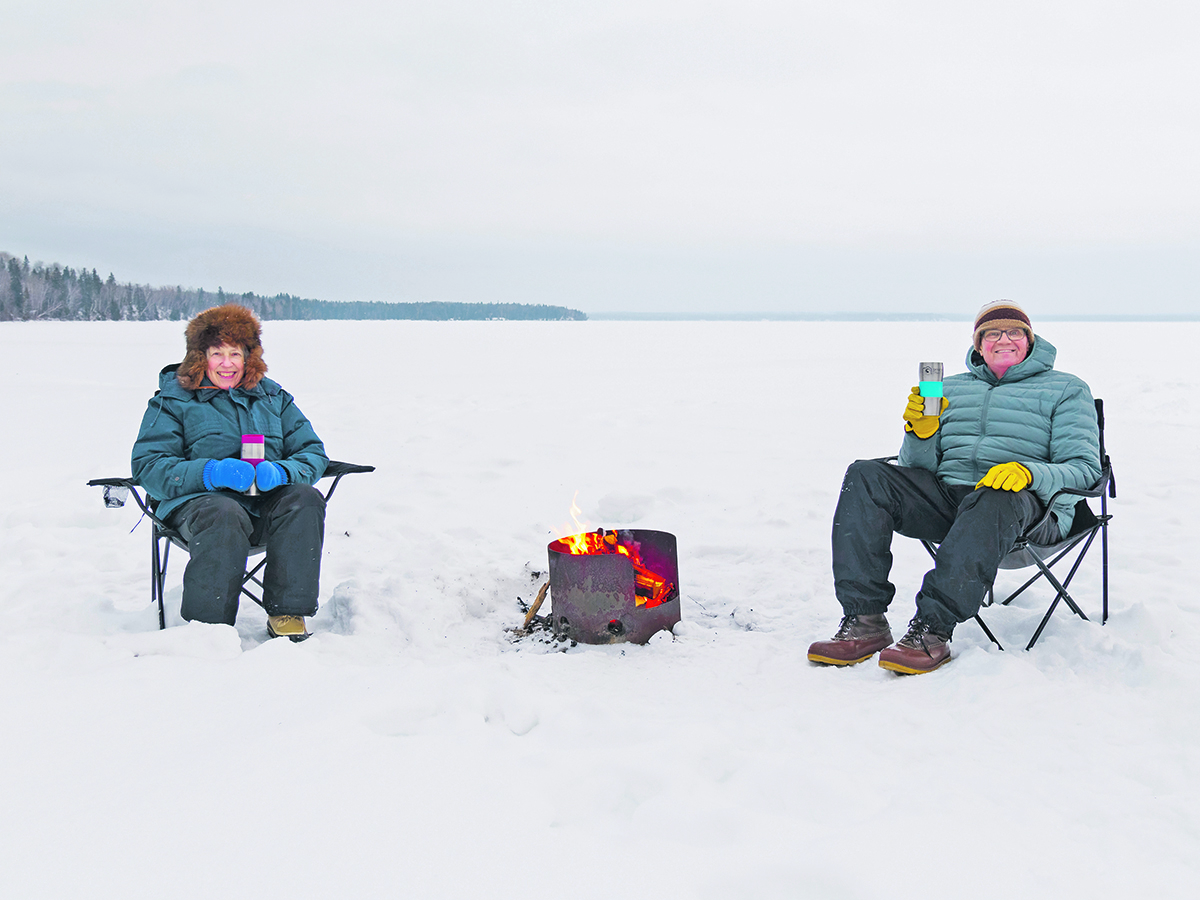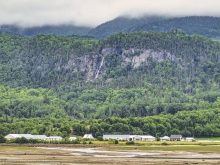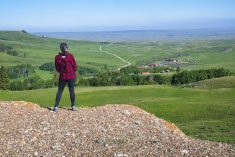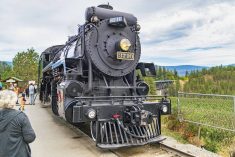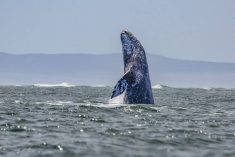Prince Albert National Park ranks as one of the top holiday destinations in Saskatchewan, so much so that it’s often hard to find accommodation or even a campsite in mid-summer.
Winter brings a welcome change. The wilderness scenery and much of the wildlife are still there, minus the crowds and busyness. While we have fewer accommodation choices, the places that stay open in winter offer dramatically lower prices than in summer and it is easier to book on short notice.
Winter camping is an option for the more adventurous. New this winter, only one site has been designated for road-accessible camping — the Birch Bay picnic site next to Waskesiu Lake along Kingsmere Road. It features a closed-in cooking shelter with a wood-burning stove and a supply of firewood.
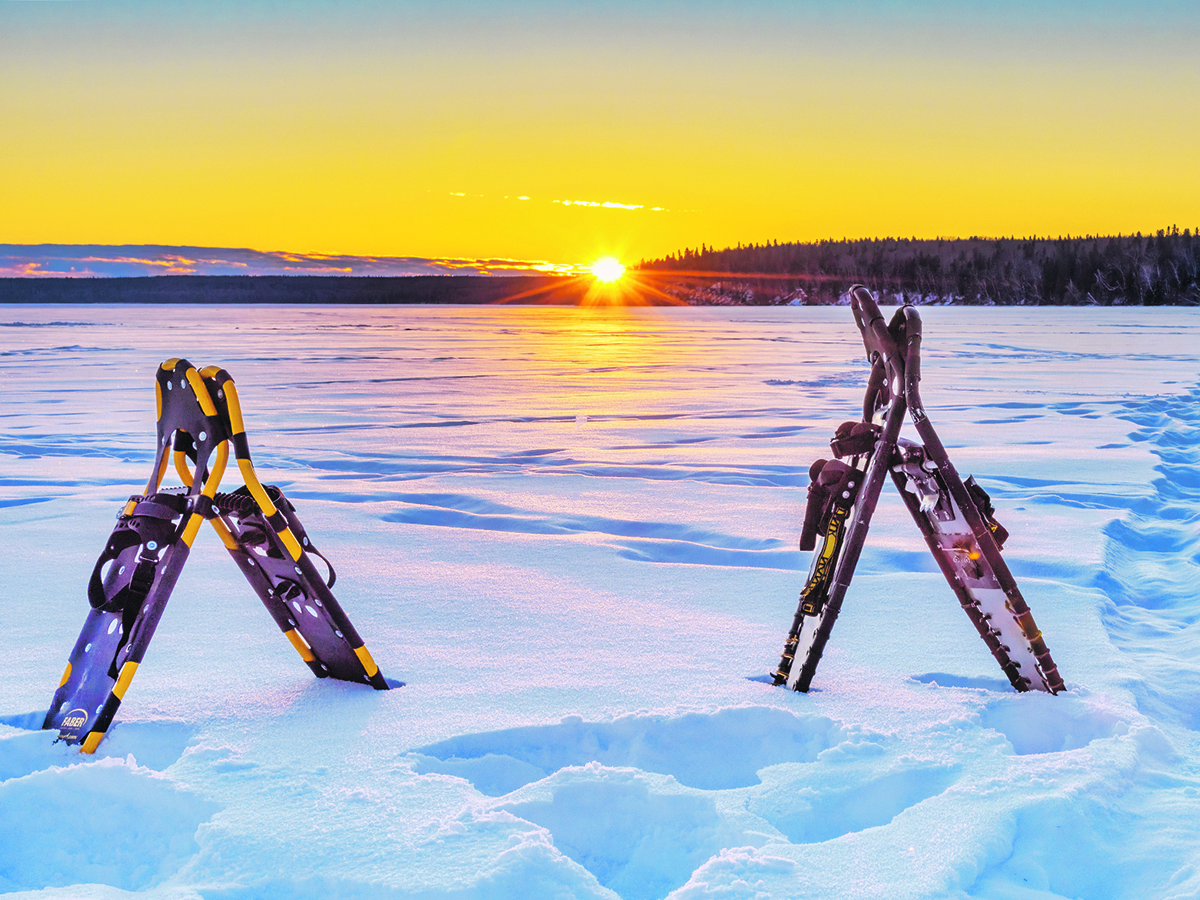
The network of ski trails and snowshoe trails are big winter draws. Some accommodations even have skis and snowshoes free for guests to use.
Read Also

Restaurant blends zero waste, ancient farming
A Mexico City restaurant has become a draw for its zero-waste kitchen, which means that every scrap of food and leftovers is reused for other purposes.
Many ski trails are close to the Waskesiu townsite and connect so that you can choose whatever length of outing you like.
For a more serious workout, a longer 19-kilometre return run passes through the wilderness to Crean Lake.
Some trails are designated for snowshoeing, such as Boundary Bog, Waskesiu River and Mud Creek, which combines lakeside, forest and a scenic creek valley. Snowshoeing also offers the chance to explore beyond the trails.
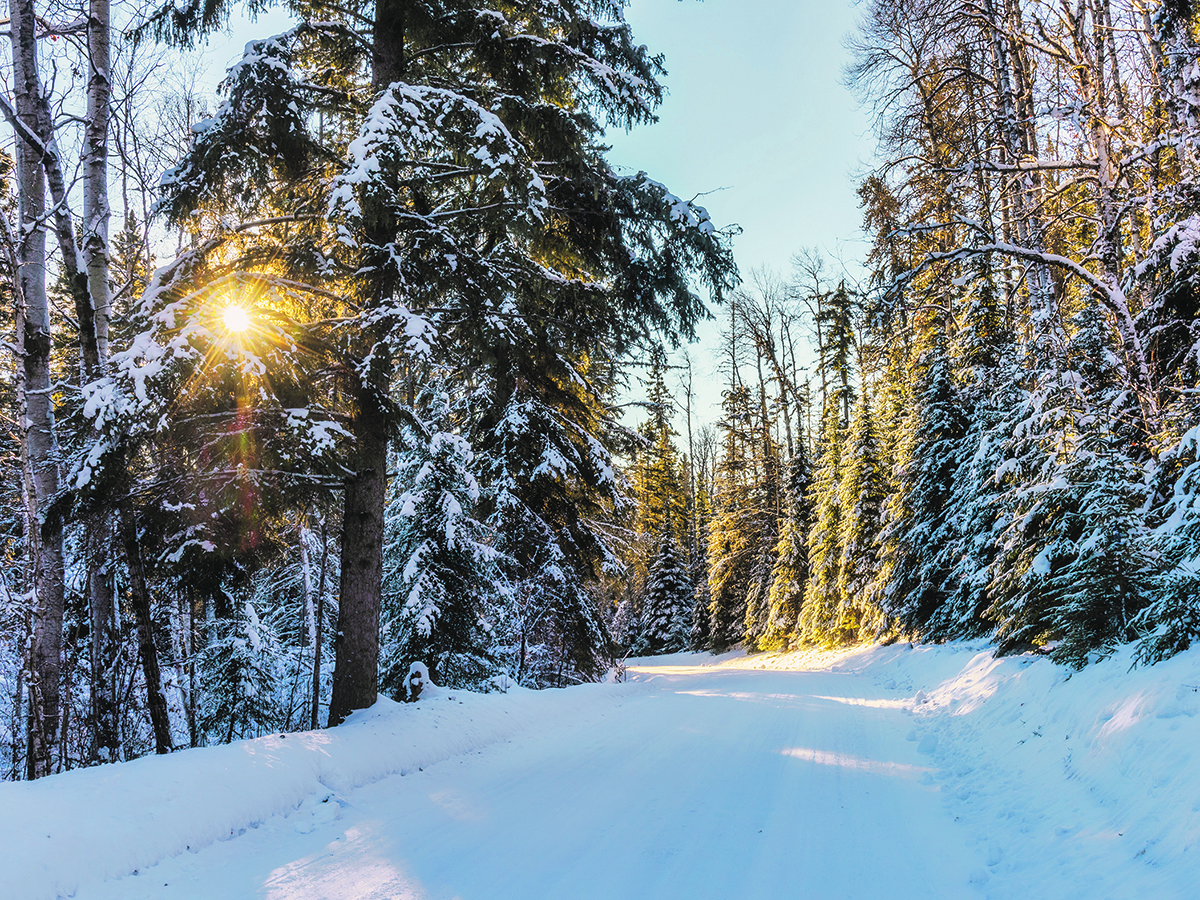
The only winter trail rated as “difficult” is the Spruce River Highlands Trail, designated as multi-use for both skiing and snowshoeing. The 8.5-km loop winds through the forested hills overlooking the Spruce River Valley. To venture even farther, a one-km spur trail at the far end connects with the 18-km network of ski trails near Anglin Lake in Great Blue Heron Provincial Park.
For us, winter wildlife alone makes the trip worthwhile. With a lot fewer people around, the odds are better of seeing more elusive animals such as wolves, coyotes or lynx. The lack of hunting pressure makes critters more relaxed and easier to see and photograph at reasonably close quarters. When snow is deep, they also prefer roads and trails where the going is easier.
Elk are often around. While they could be anywhere, they often hang around near the Waskesiu townsite, with the open area just south of town along Highway 263 being a favourite spot.
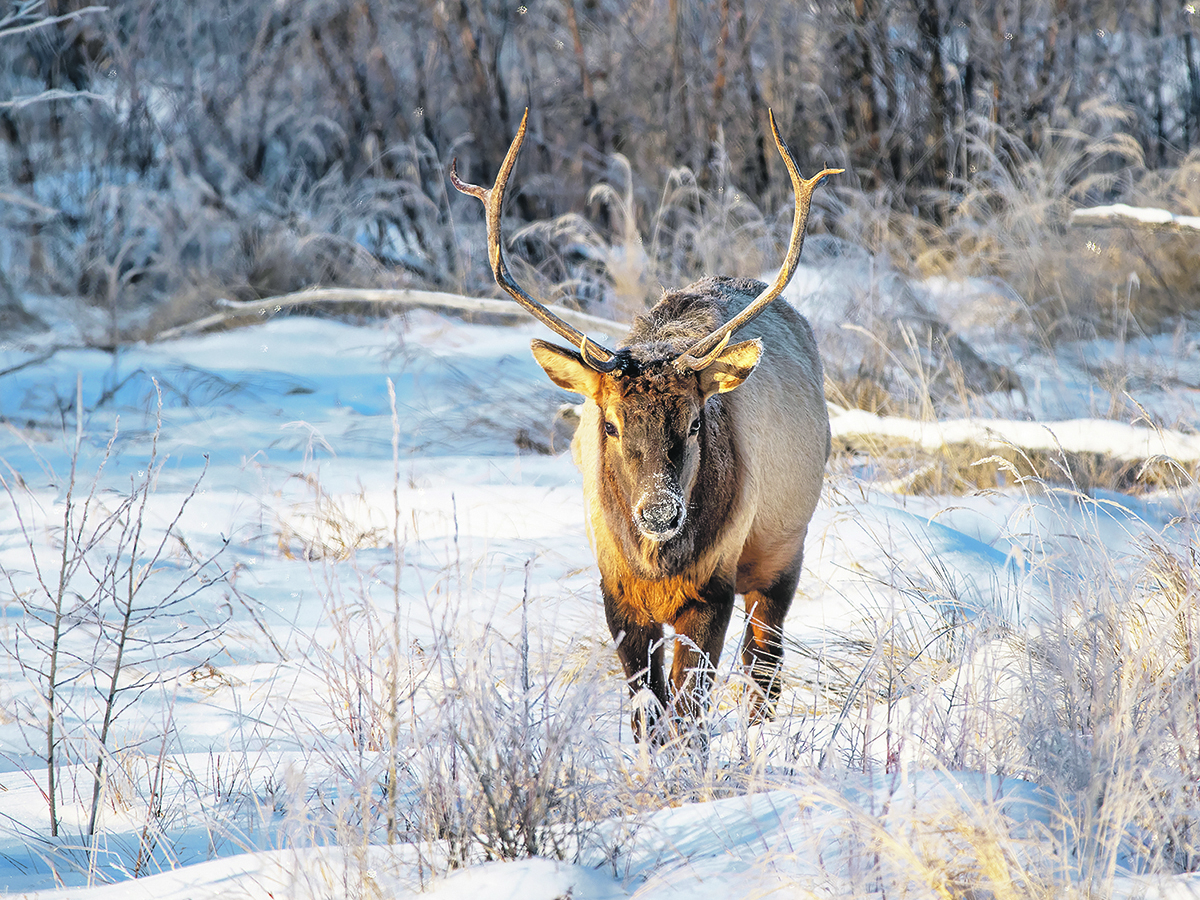
On every winter visit to the park, we have always seen red foxes. They are especially photogenic with thick winter coats contrasting against white snow. The Narrows Road tends to be a top area to find them. On our last trip, just before Christmas, they seemed to have taken up residence at the Paignton Beach picnic site.
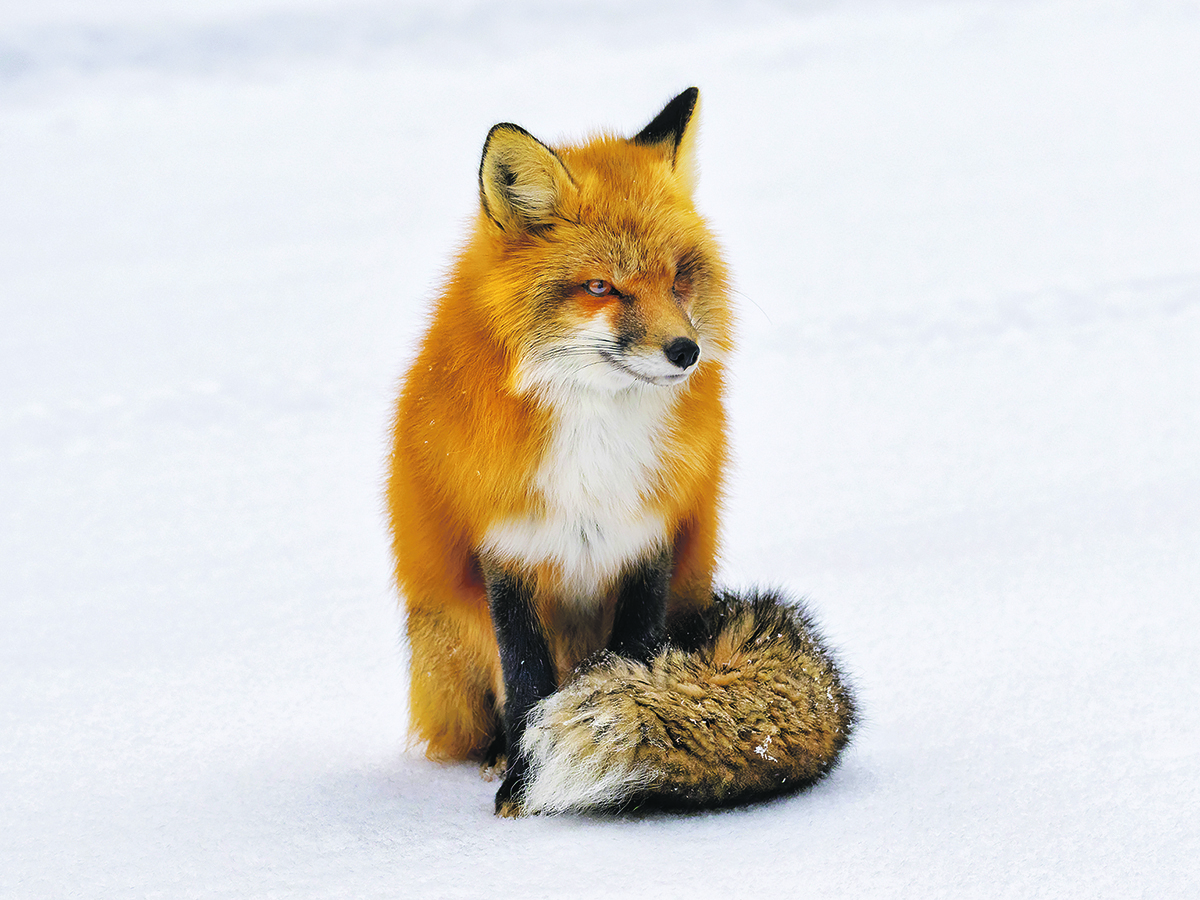
The wildlife highlight of our recent trip was watching otters. Look for them at the end of the Narrows Road where huge Waskesiu Lake constricts into an opening less than 100 metres across. The otters often hang out near the boat docks, or anywhere in the vicinity. Be sure to heed the warning signs about thin ice at the Narrows.
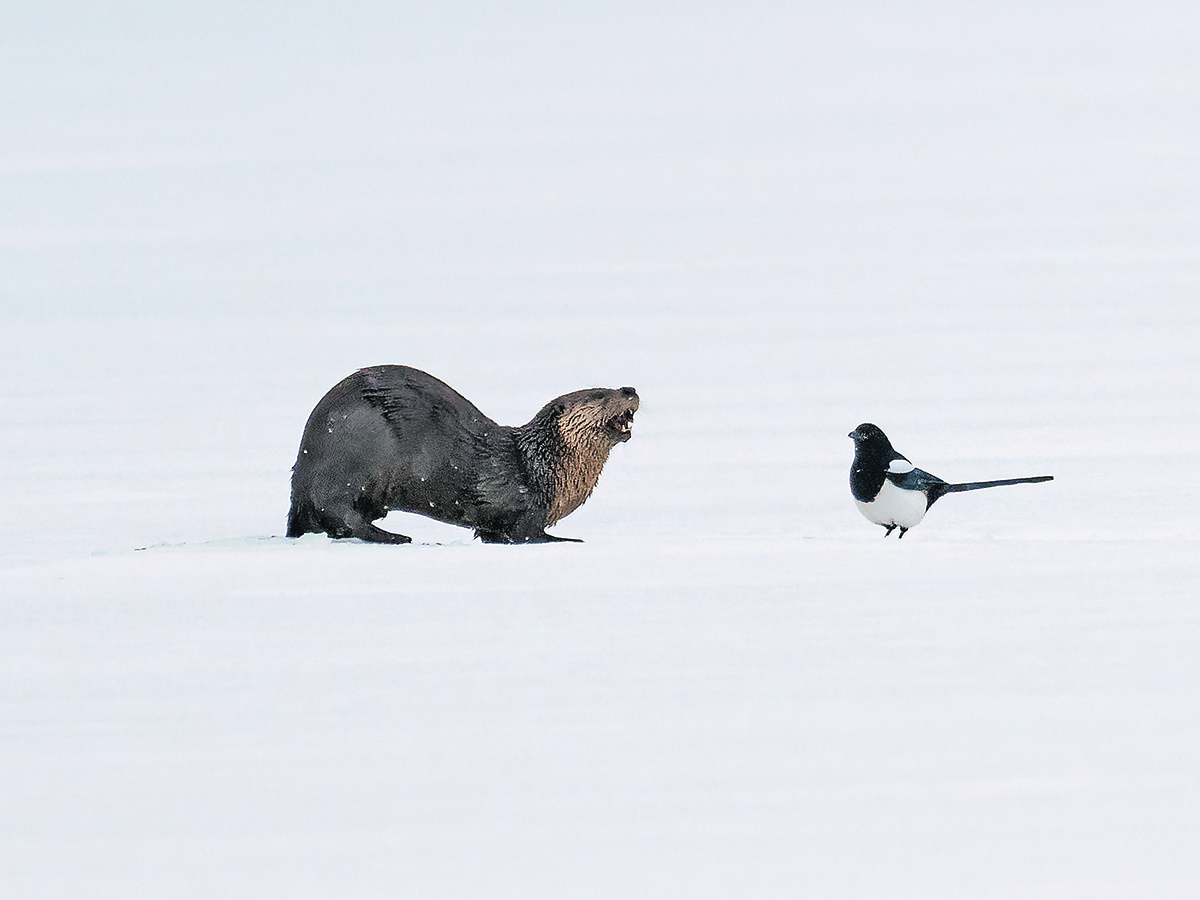
We watched the otters for more than an hour where they had a plunge hole in the ice close to the opposite bank. Using binoculars or a telephoto lens helped to see the action. They fished constantly and brought their catch to the surface to eat. It was quite a feast as they kept slipping back into the water for more fish. At one point there were four otters on the surface plus a determined magpie trying to snatch a bite.
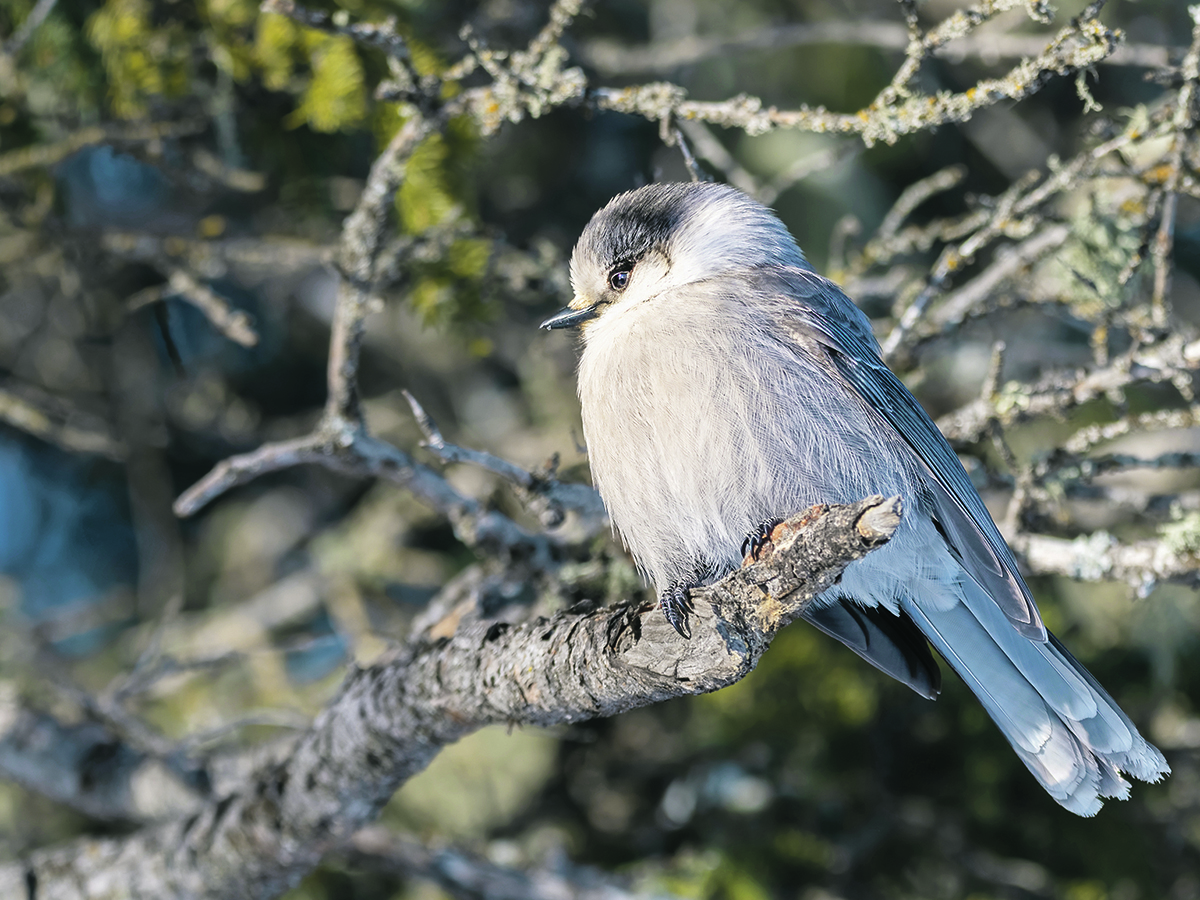
One bird that you are almost guaranteed to see is the Canada jay, formerly called the gray jay. Have a picnic and these birds will likely find you. Just don’t leave your sandwich unattended, and never feed wildlife.
The park is a great spot for photographing snowy landscapes. Besides grand views, check out more intimate details such as patterns in the snow and ice. We always visit the Waskesiu River, where the small set of rapids near the road often has some open water with intricate ice crystals. Best of all, in winter you don’t have to get up too early or stay out too late to catch the sunrise and sunset.
Arlene and Robin Karpan are well-travelled writers based in Saskatoon. Contact: travel@producer.com.




